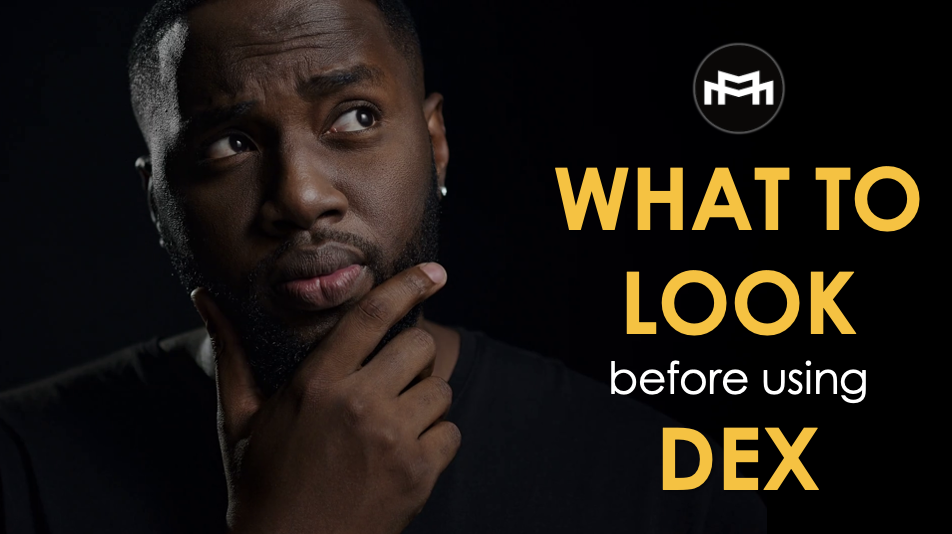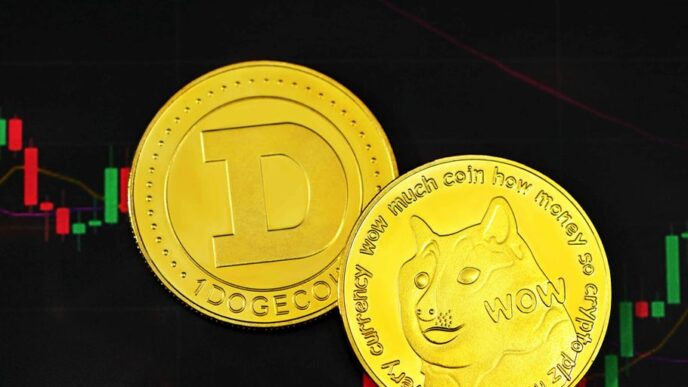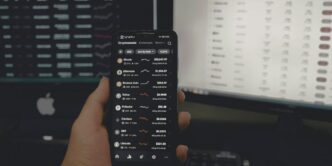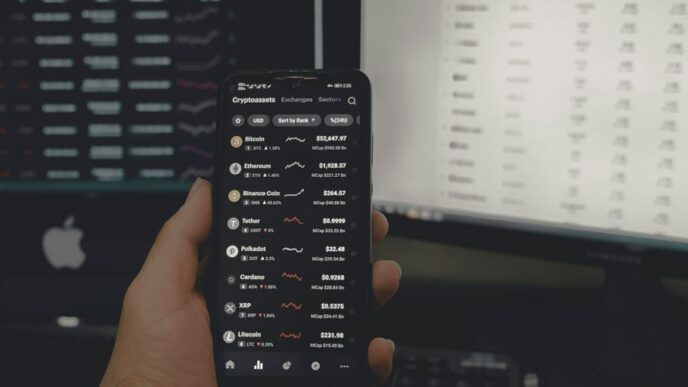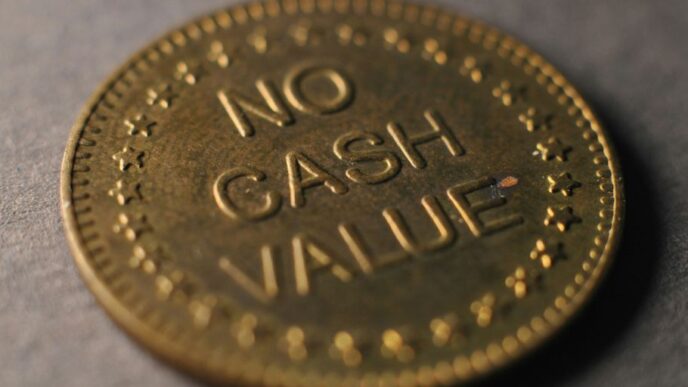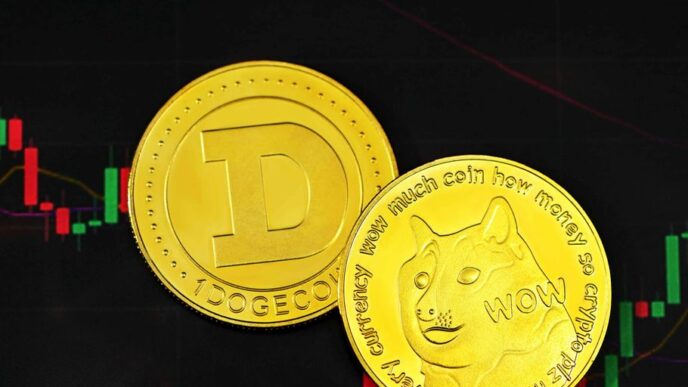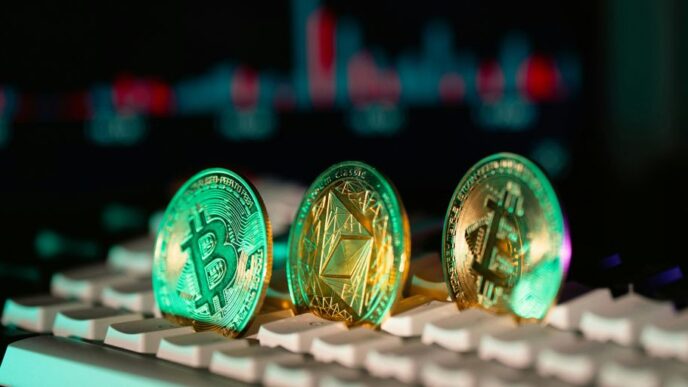Given the rapid expansion of the blockchain industry and the proliferation of decentralized apps, including decentralized exchanges, it is critical to exercise extreme caution when selecting a platform to trade cryptocurrencies.
Smart contracts are used by decentralized exchanges (DEXs) to enable traders to execute orders without the need for a middleman, doing away with the need for any authority to monitor and approve trades made inside of the particular exchange.
The subject of this essay, decentralized exchanges, have several characteristics in common with centralized exchanges. However, we’ll go over three key factors you should consider before you even begin trading on a decentralized exchange, to assist you to make the best decision when selecting a platform to buy, sell, farm, or stake cryptocurrencies.
Smart Contract Audit
One must exercise extreme caution when trading on decentralized exchanges since these platforms rely on smart contracts, which are intricately layered systems that are prone to attack.
Although the team may be careful and make sure every line of code in their application is flawless, there may be a small error somewhere that might lead to attack vulnerability. This is where a third-party smart contract auditing company comes in.
An extensive examination of the protocol’s smart contracts that involves both automatic and manual testing is known as a “smart contracts security audit.” Popular companies that audit smart contracts include Binance Accelerator Fund, Certik, Secureblock, and StaySafu.
These smart contract security companies’ responsibilities include, among other things, putting the smart contracts to the test against both common and uncommon attack vectors, examining the codebase to make sure it complies with industry best practices and standards and having industry experts manually go through the entire codebase line by line.
To be sure, you may look at the audit report of MelegaSwap’s flagship token, $MARCO, by one of the major auditing firms on the BSC StaySafu.
Different Pools With Moderate APR
Diverse liquidity pools are expected to be offered by decentralized exchanges (DEXs) in order to maintain the platform’s liquidity and allow users to generate income. You must be able to pick from a variety of tokens with a range of APRs.
Staking is the process of locking up cryptocurrency for a predetermined amount of time to maintain a blockchain’s operation. You gain extra cryptocurrency by staking your existing coin, especially on a blockchain that supports the proof of stake consensus method used. This is employed by several blockchains, including the Binance Smart Chain (BSC), which is the bedrock on which Melega.finance is based.
MelegaSwap allows you to stake $MARCO to earn additional lucrative tokens, and you can also stake a variety of additional tokens to gain $MARCO, which is a fantastic, consistent way to acquire Melega’s ecosystem token.
2G Carbon Coin (2GCC), Masterm (MXMX), VOLT INU (VOLT) and Hashbit Blockchain (HBIT) are a few of the tokens that are available for staking on MelegaSwap–each with considerably adequate APR. For instance, you can earn up to 840% APR on earning the LUCK token when you stake $MARCO.
It is also important, however, that the annual percentage rate (APR) is kept at a reasonable level on the exchange you choose to use.
Low Transaction Fees
This is the final significant consideration while using a crypto DEX. DEXs operate without the necessity of an intermediary, by utilizing self-executing smart contracts.
As such, no matter how much is transacted, these exchanges employ the same “gas” cost structure as the blockchain network on which they are based, often with a low charge of approximately 0.3%. So, make sure to examine the structure of their fees.
Closing Thoughts
Decentralized exchanges (DEXs) allow users to simply and securely access a DEX without creating an on-exchange account, undergoing identity verification, or providing personal information.
Although they are reliable that users’ finances, privacy, and restricted personal data are adequately protected—one must make sure that the aforementioned issues are taken into account before using them.

